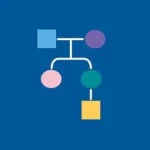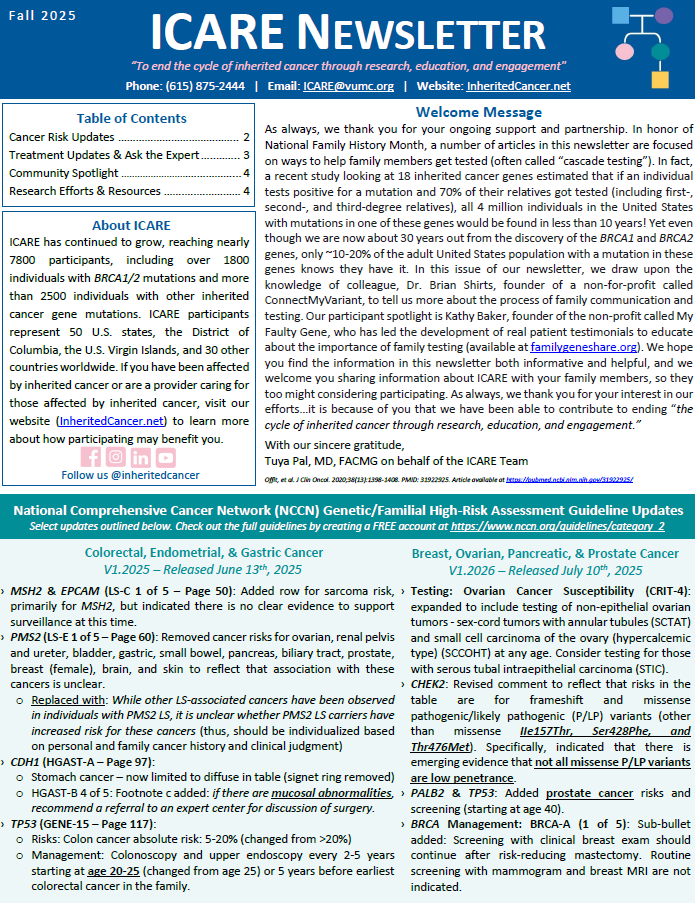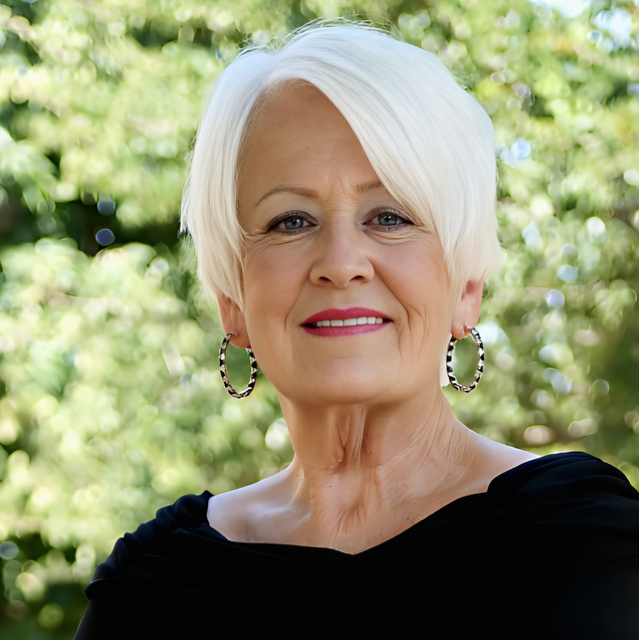1. What is the purpose of the study?
2. Who is eligible to participate?
3. What will I be asked to do?
5. Why is your participation important?

What is the purpose of the study?
Currently, we know little about breast cancers that occur in individuals with ATM, CHEK2, and PALB2 mutations. Thus, it is important:
- To learn how to best treat ATM, CHEK2, and PALB2 mutation carriers who develop breast cancer.
- To determine how ATM, CHEK2, and PALB2 mutation carriers without breast cancer can best manage their cancer risks and be proactive about their health.
Who is eligible to participate?
Individuals who were assigned female at birth who have a pathogenic or likely pathogenic ATM, CHEK2, or PALB2 mutation, regardless of whether they have a personal history of breast cancer.
What will I be asked to do?
- Complete an informed consent form indicating your willingness to participate
- Complete a baseline questionnaire, either on paper or online
- Complete a medical record release so the study team can collect information on genetic test results, breast cancer pathology, and treatment
- Agree to be contacted every two years to update your information
How do I join the study?
If you would like to participate in this focused research effort, please enroll in the Inherited Cancer Registry (ICARE) by clicking the link below. Once enrolled, you will be asked to complete a baseline questionnaire and a study team member will inform you of any additional information that may be needed for this focused effort.
Please note if you are already an ICARE participant with an ATM, CHEK2, or PALB2 mutation, we have already collected much of the information needed from you to contribute to this focused effort. We will inform you of any additional information that may be needed for study purposes.
Why is your participation important?

Learning more about breast cancer among women with an ATM, CHEK2, or PALB2 mutation will help to better understand:
- If women with breast cancer have an increased risk of developing a new breast cancer
- The best treatment for patients with hereditary breast cancer to improve survival
- How healthy family members who also carry these mutations can best manage their cancer risks (through screening or preventive surgery, etc.)
Who are we?
We are a group of scientists who study hereditary breast cancer. Our research focuses on the prevention and treatment of breast cancer in women with genetic mutations. We have studied the treatment of breast cancer in patients with a BRCA1 or BRCA2 mutation and how treatment can be personalized to improve survival. We now want to understand if we should also personalize treatment for individuals with ATM, CHEK2, and PALB2 mutations who develop breast cancer. This study is a collaboration between the Women’s College Hospital in Toronto, Canada (Drs. Kelly Metcalfe and Steven Narod) and Vanderbilt-Ingram Cancer Center in Nashville, Tennessee (Dr. Tuya Pal).
Tuya Pal, MD, FACMG
Tuya Pal is a board-certified clinical geneticist based at the Vanderbilt-Ingram Cancer Center, an NCI-designated Comprehensive Cancer Center in Nashville, Tennessee. Dr. Pal is also a Professor of Genetic Medicine, Ingram Professor of Cancer Research, and the Associate Director of Cancer Health Disparities.
Steven Narod, MD, FRCPC, FRSC
Steven Narod is a Tier I Canada Research Chair in Breast Cancer and a senior scientist at the Women’s College Research Institute in Toronto, Canada. He is a world-leader in the field of breast and ovarian cancer genetics. For further information on Dr. Narod, please click here.
Kelly Metcalfe, RN, PhD
Kelly Metcalfe is a member of the Familial Breast Cancer Clinic at the Women’s College Hospital, where she provides genetic counseling and testing for individuals at risk of breast or ovarian cancers. She is a professor at the Lawrence S. Bloomberg Faculty of Nursing at the University of Toronto and an adjunct scientist at the Familial Breast Cancer Research Institute at the Women’s College Research Institute. For further information on Dr. Metcalfe, please click here.
For more information about this research study, please contact our study team.
United States: (615) 875-2444
Canada: (416) 323-6400 ext.2749
Email: ICARE@InheritedCancer.net




